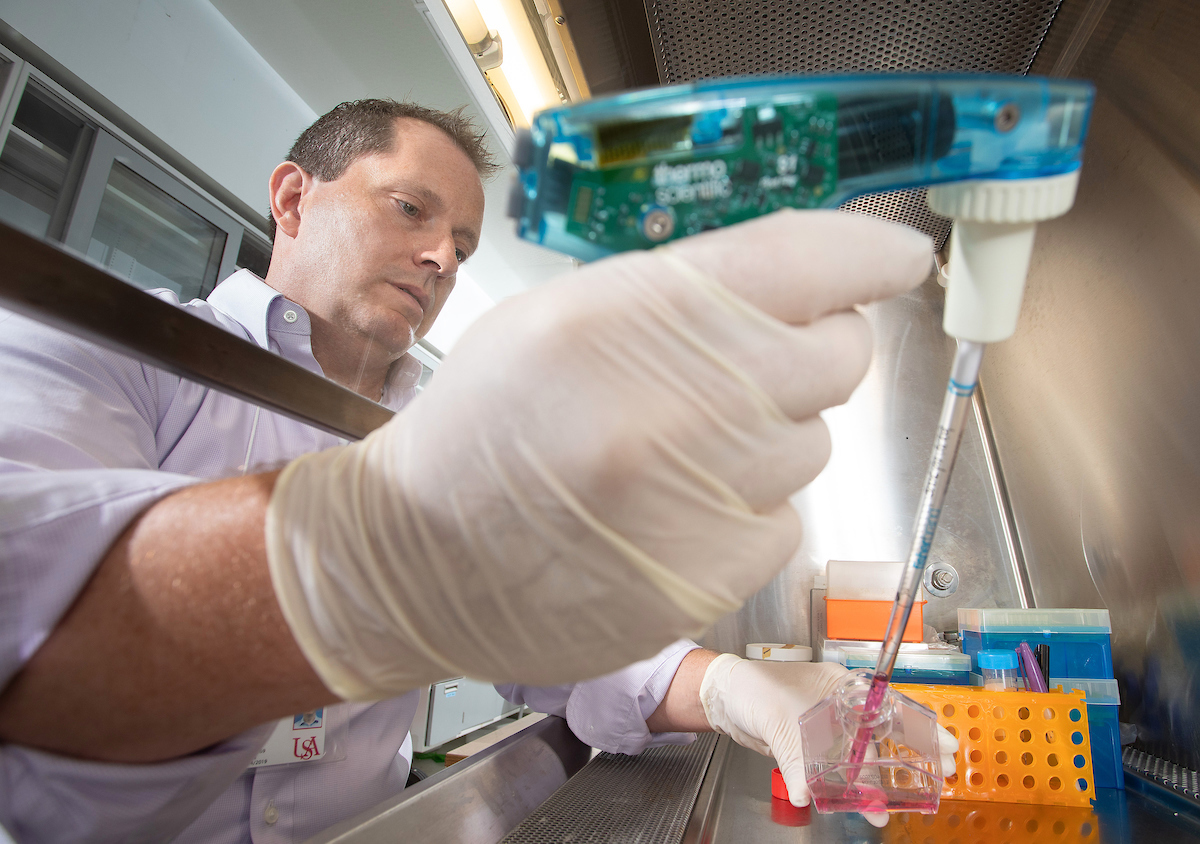Next Monday, July 27, the University of South Alabama College of Medicine will welcome 74 new medical students, the Class of 2024. Because of COVID-19, their orientation will be a week like no other in the medical school’s history – a mix of presentations on Zoom, small-group meetings in person and virtual social activities to break the ice.
“Beginning medical school can be a difficult transition under the best of circumstances. Starting medical school with orientation that is largely virtual due to COVID-impacted changes will be part of the history for the Class of 2024,” said Kelly Roveda, M.D., associate dean for student affairs at the USA College of Medicine. “These young people have been working for several years to get here, and now ‘here’ may largely be their own living room or kitchen.”
Roveda praised the three second-year medical students who, as orientation leaders, worked through the summer to revamp the previous orientation plan. “We have been extraordinarily fortunate that the orientation leaders from the Class of 2023 have risen to the challenge,” she said.
The new plan calls for students to spend half of each day in Zoom sessions to hear a welcome and presentations on subjects ranging study strategies and financial aid to wellness and basic life support training. Students will be on campus only once during the week in small groups for training, photos and a tour, during which they will wear masks and abide by social distancing guidelines.
Orientation leaders Emily Elliot, Claire Cawthon and Kasey Grant Andrews arranged for virtual office hours during which students can join Zoom and immediately connect with an upperclassman. “Several people in the second-year class have stepped up and offered to give out their emails and phone numbers so that the M1s can contact them even into the semester,” Andrews said.
Cawthon created virtual ice breaker activities so that students could get to know one another in the evenings.
“Medical school is hard enough, even in person. Being online is another barrier they will have to overcome,” Andrews said. “We’re trying to find ways to make the transition easier for them.”


